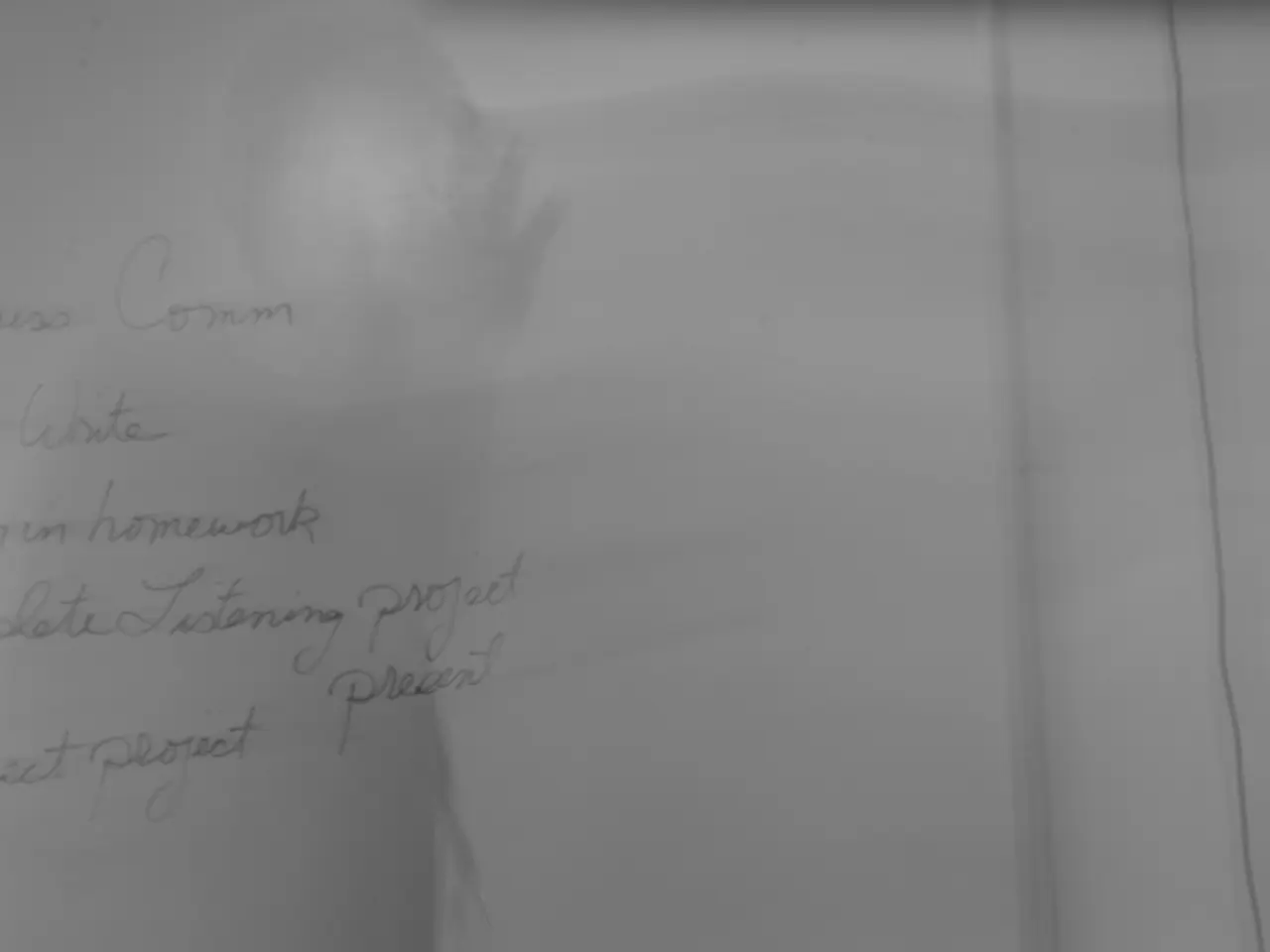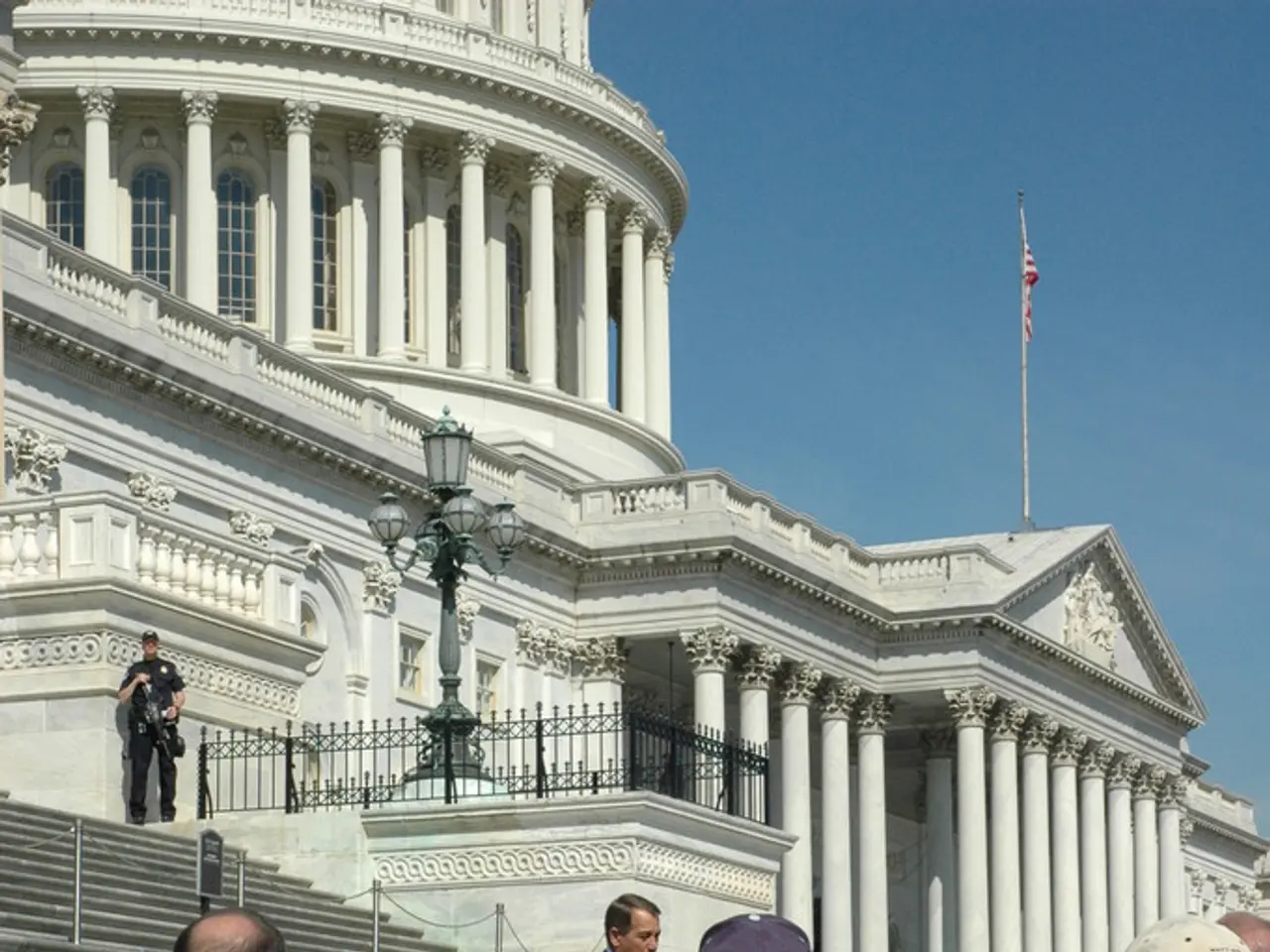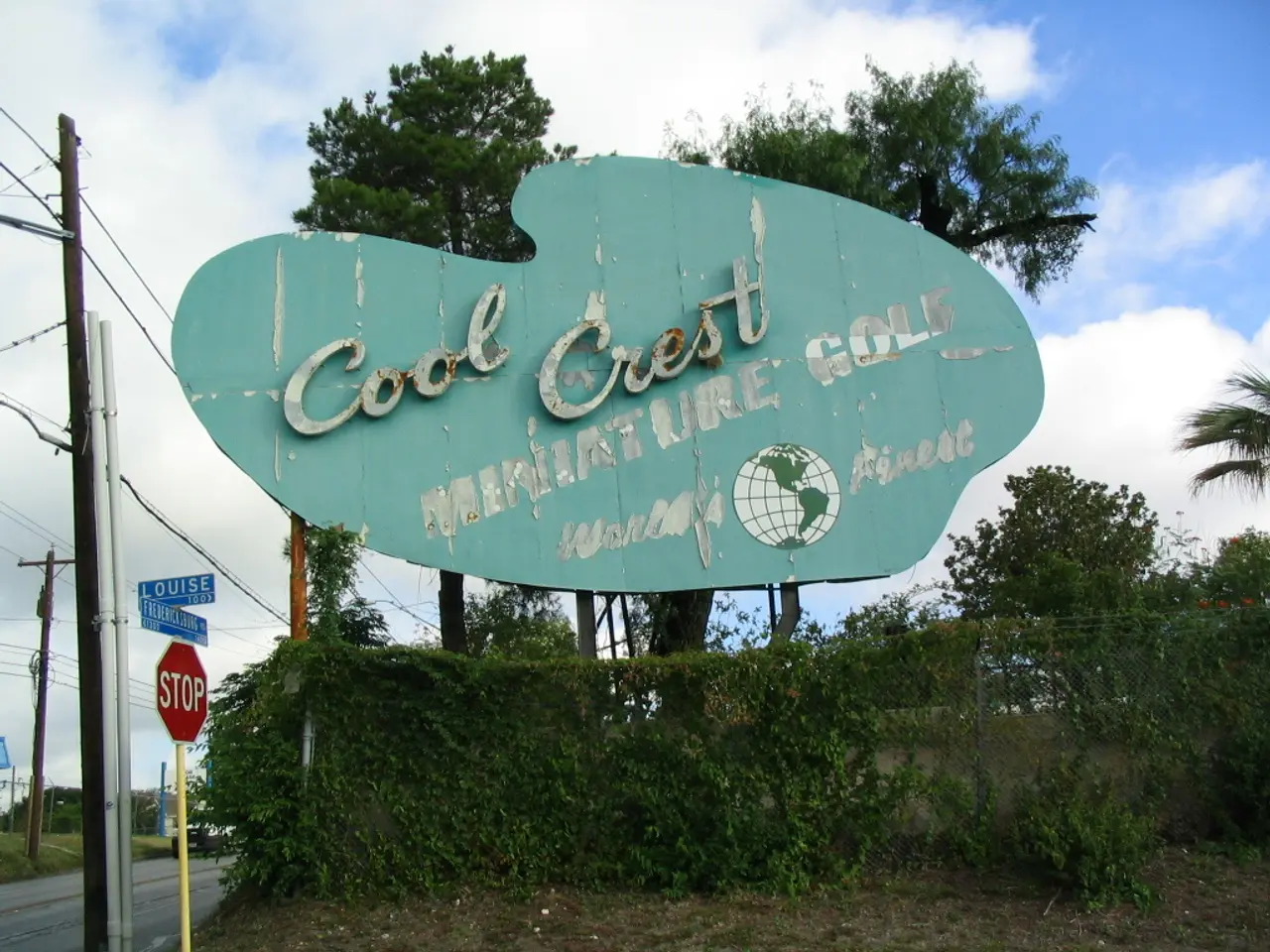Effects on Cities, States, and the Federal Nation
Stefan Zimkeit, a member of the state parliament for Oberhausen-Sterkrade and Dinslaken, and an SPD finance expert, has raised concerns about the investment backlog in North Rhine-Westphalia (NRW). Zimkeit has highlighted the significant need for investment in key areas such as daycare centers, schools, and school full-day offerings in Dinslaken and Oberhausen.
In the state parliament's budget negotiations, Zimkeit has announced that the SPD will make the investment backlog a key topic. However, he did not provide details on how the party plans to address this issue in budget negotiations.
Zimkeit has also emphasized the urgency of reforming the debt brake, which he believes has become an "investment brake" due to its rigid interpretation and application. He argues that the current financial constraints significantly restrict the state government's ability to invest adequately in future-oriented sectors like education, climate protection, digitalization, and infrastructure.
To address these issues, Zimkeit has proposed a more flexible fiscal policy that would allow for increased investment in strategic areas without violating the core principles of fiscal responsibility. This reform would enable NRW to take on debt specifically earmarked for investments that yield long-term economic and social benefits.
Zimkeit has warned about the potential consequences of the debt brake becoming an investment brake, stating that it could impact educational infrastructure, climate protection, digitalization, and other areas. He believes that these consequences could be dramatic and could affect NRW's competitiveness and quality of life.
In addition, Zimkeit has pointed out that the Constitutional Court's ruling on cities, states, and the federal government has warned about the approach of the state government in the last state budget in light of the Münster ruling. He implies that the NRW Constitutional Court may evaluate the state government's approach in the last state budget in relation to the Münster ruling.
Overall, Zimkeit views the current strict debt brake as an obstacle to necessary investments in NRW’s future and pushes for reforms that balance fiscal discipline with the state's urgent development needs. He believes that joint solutions must be found to enable urgently needed investments, and that the short term requires all leeway to be used to prevent public investment from being choked off.
- The environmental science sector, such as climate protection, is one of the future-oriented sectors that needs adequate investment as highlighted by Stefan Zimkeit.
- The current policy-and-legislation around the debt brake, which Zimkeit views as an "investment brake," significantly restricts North Rhine-Westphalia's investment in key areas like environmental science and technology.
- In the general news, Zimkeit has called for a more flexible fiscal policy to allow for increased investment in strategic areas like environmental science without violating fiscal responsibility.
- In the political discussion, Zimkeit emphasizes the urgency of reforming the debt brake, arguing that failure to do so could have dramatic consequences, impacting the quality of life and competitiveness of North Rhine-Westphalia.




